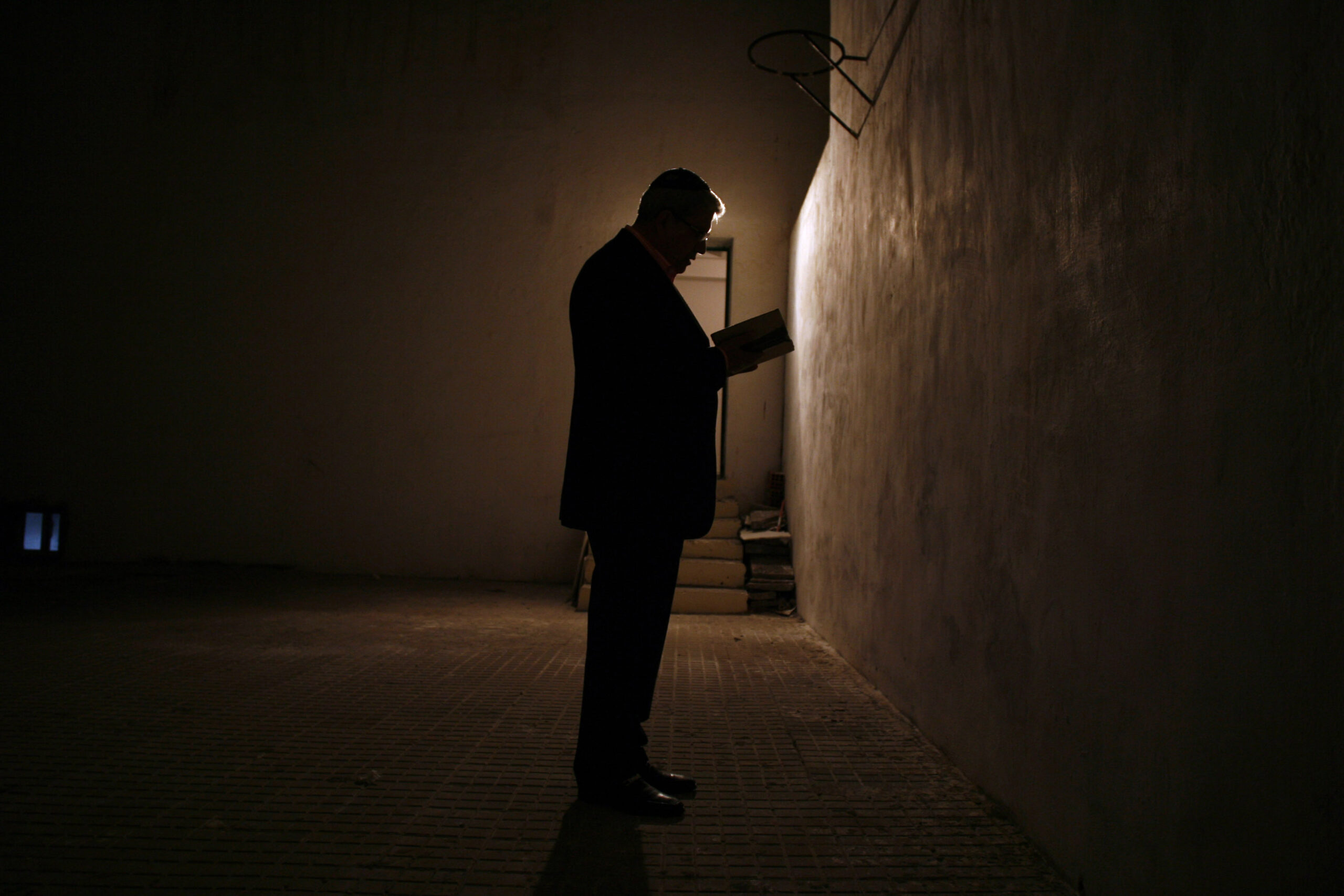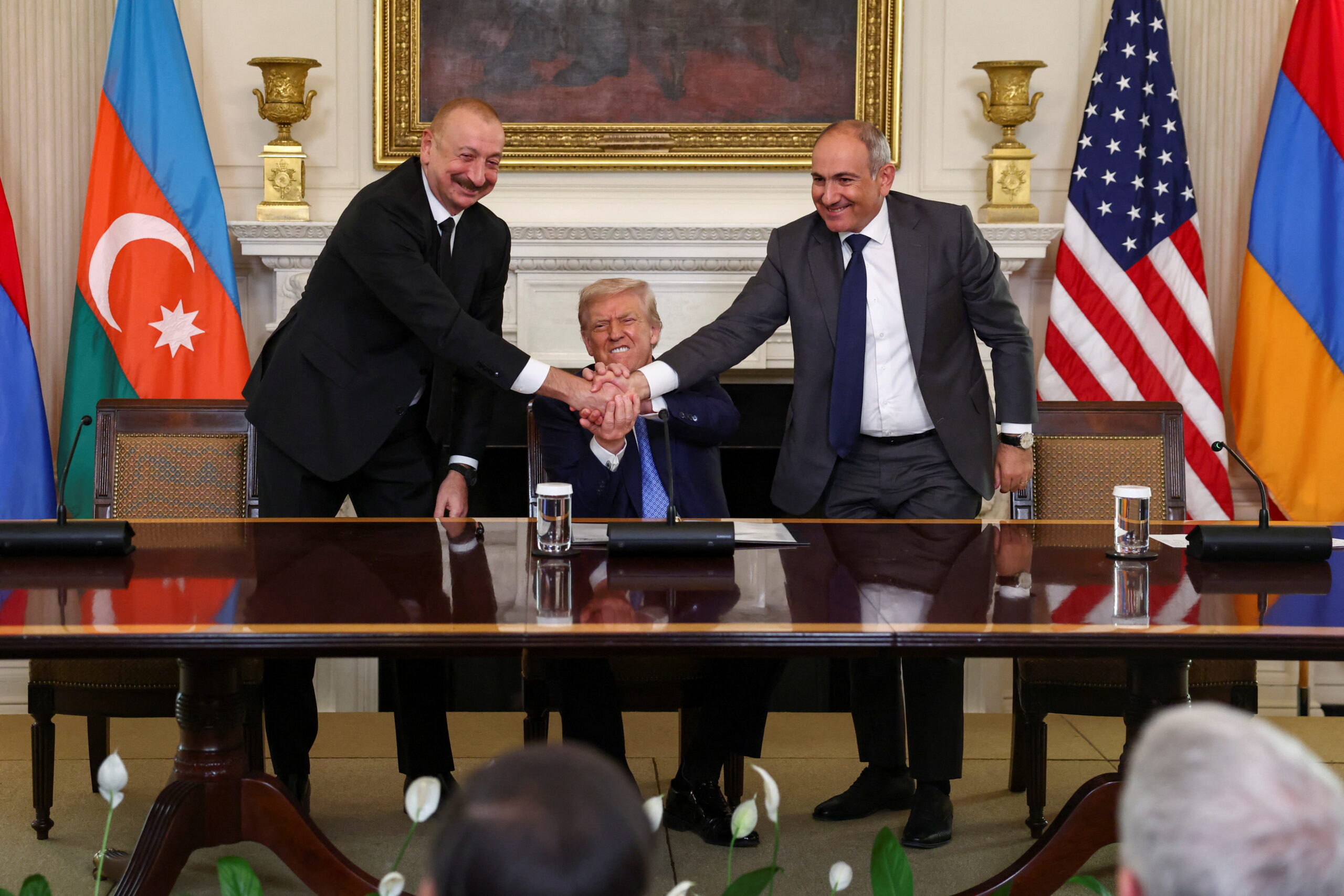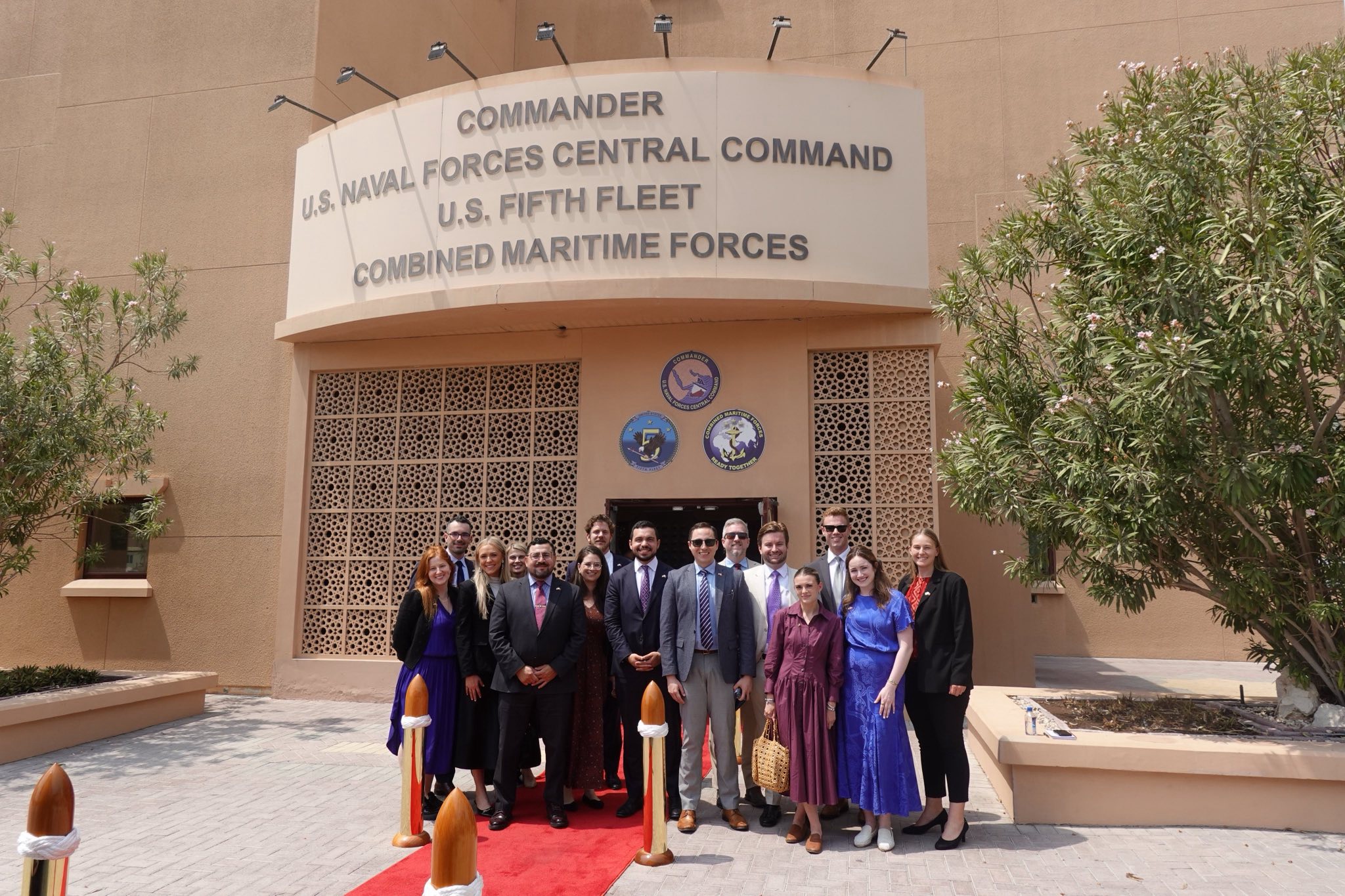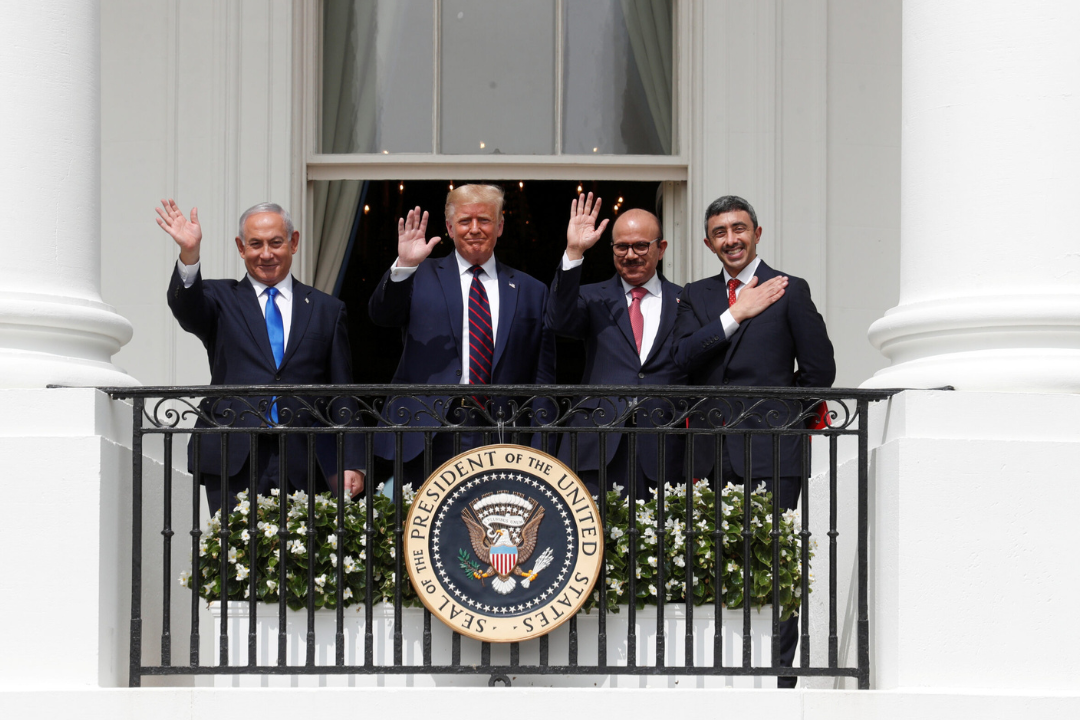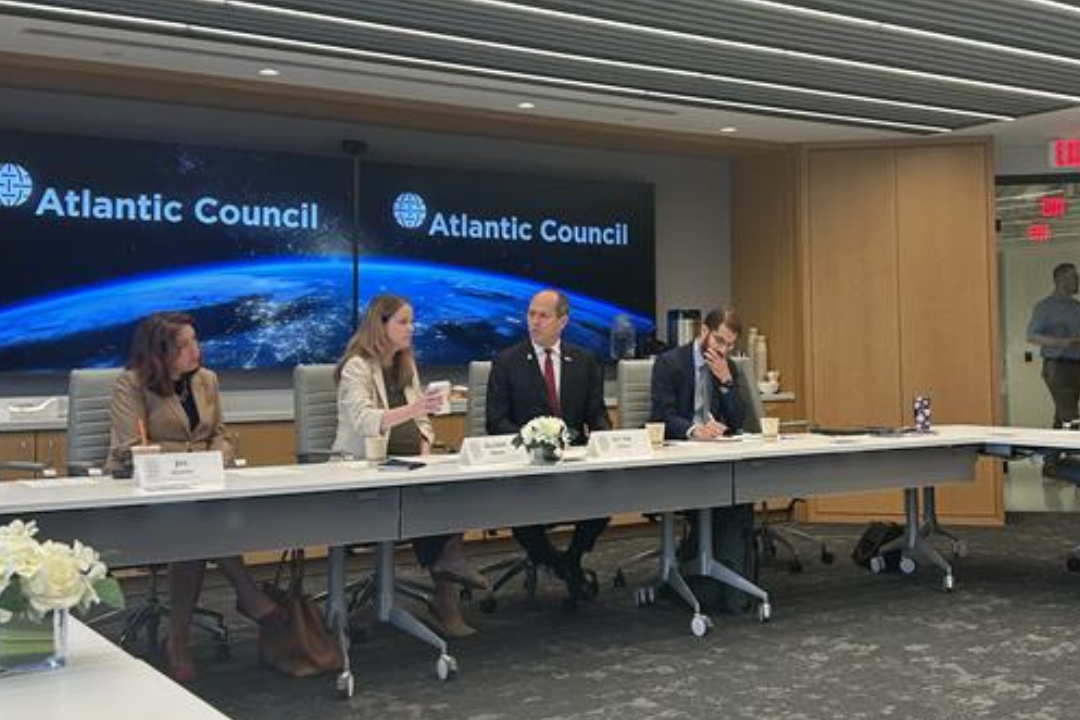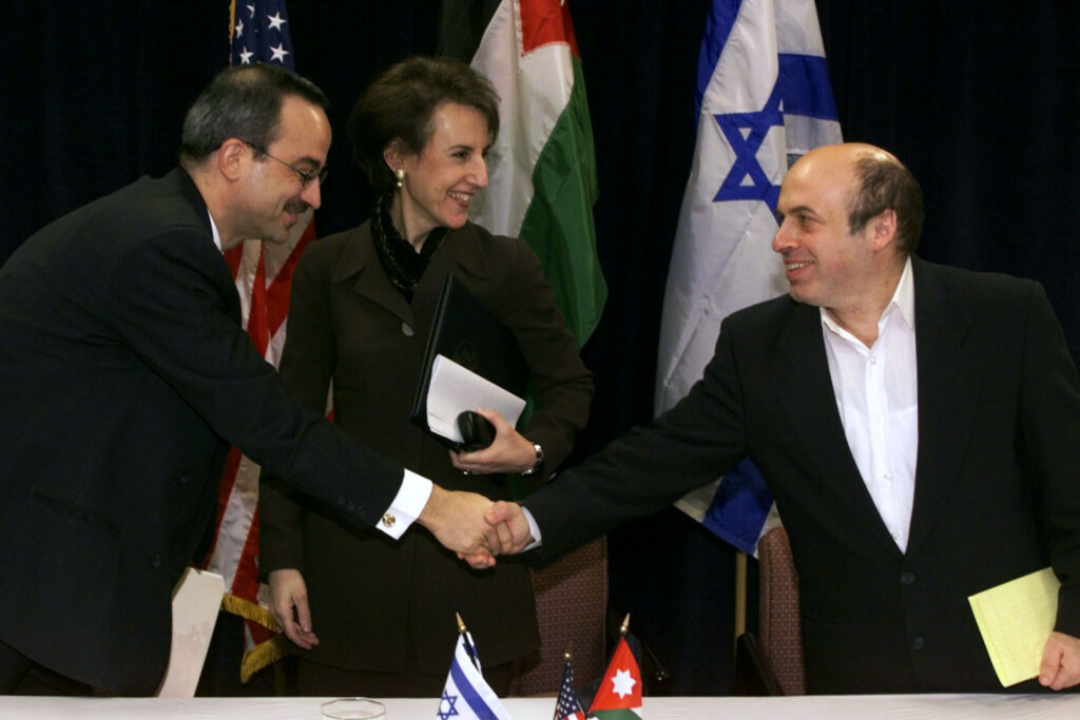By Marcy Grossman
As Canada’s ambassador to the United Arab Emirates (UAE) from 2019 to 2022, I had a diplomatic front-row seat and occasional behind-the-scenes views into the quiet yet consistent progress that eventually led to the Abraham Accords. While I wasn’t surprised when the declaration was announced in 2020, I hadn’t anticipated how rapidly and warmly relations between Israel and its neighbors—Bahrain, the UAE, and later Sudan and Morocco—would evolve.
Despite the turmoil in the Middle East since October 7, 2023—the pain, suffering, polarization, and destruction of land and hope—the Abraham Accords are still alive. They have laid a foundation far beyond any one conflict for greater peace in the region. Reflecting on their fourth anniversary, this piece explores where the Abraham Accords started, where they are today, and where they are headed.
Where it started
The seeds of the Abraham Accords were planted well before 2020. Longstanding hopes for peace began to become a reality publicly when the UAE named 2019 the “Year of Tolerance,” celebrating the diversity of religious life in the country. Among other milestones, the UAE invited Israel to participate in the Dubai 2020 World Expo, welcomed Pope Francis for a landmark visit to the Arab world, signed the Document of Human Fraternity with the Catholic Church, and announced the construction of the Abrahamic Family House—a mosque, church, and synagogue coexisting on the same campus in Abu Dhabi. For those paying attention, like I was, the ground was shifting—the UAE of 2019 that was building a synagogue was clearly a country that had greater ambitions with Israel.
Then, on September 15, 2020, history was made as 700 guests gathered at the White House to witness the normalization of relations between Israel and two Arab nations: the UAE and Bahrain. Then-US President Donald Trump presided over the signing of the Abraham Accords, alongside Israeli Prime Minister Benjamin Netanyahu, UAE Foreign Minister Abdullah bin Zayed al-Nahyan, and Bahraini Foreign Minister Abdullatif bin Rashid al-Zayani. Shortly after this milestone, Israel expanded its diplomatic ties by announcing agreements with Sudan on October 23, 2020, and Morocco on December 10, 2020.
In the immediate aftermath, the accords were well-received by the governments involved, who viewed them as opportunities to enhance economic ties, security cooperation, and diplomatic relations. The agreements were heralded by many as the “dawn of a new Middle East,” as Trump noted, marking the most significant transformation in regional geopolitics in a generation and the most important step toward peace and stability in the Middle East since the Israel-Jordan peace agreement twenty-five years earlier.
The early years
Between 2020 and 2023, diplomatic relationships flourished with the establishment of mutual embassies, air and trade corridors, political and cultural advocacy activities, strategic military agreements, and people-to-people ties. Groundbreaking bilateral and multilateral forums, like the Negev Summit in Israel, the Negev Forum Steering Committee in Bahrain, and the Atlantic Council’s N7 Initiative, were established, fostering unprecedented regional collaboration. High-level visits and joint initiatives that once seemed unimaginable brought together innovators, investors, experts, academics, and women leaders, further strengthening these new relationships. Economic ties flourished, with trade between the Abraham Accords countries surging from practically nothing in 2019 to an estimated $10 billion over the first three years.
Israel and the UAE saw the most significant trade, tourism, and innovation advancements following the Abraham Accords: Annual bilateral trade surged, reaching almost $3 billion by 2023, driven by a historic free-trade agreement and numerous business partnerships. Tourism flourished, with over one million Israelis visiting the UAE by 2023, facilitated by 106 weekly direct flights between the two countries. Both nations established embassies, engaged in security cooperation, and collaborated on innovation and technology projects. Cultural exchange programs further deepened these ties, promoting mutual understanding. Joint initiatives in areas like renewable energy and space exploration broadened the scope of their partnership.
Four years later
As their fourth anniversary arrives, the good news is that the Abraham Accords remain intact. Despite the Gaza war, none of the signatories have backtracked from their normalization agreements: No ties have been permanently broken, and no country has withdrawn from its commitments or closed its embassy—a powerful diplomatic signal that the relationships are enduring. Ambassadors from Israel, Bahrain, and the UAE continue to play active roles, maintaining diplomatic channels and fulfilling their duties to sustain these historic ties. Trade between the signatory nations continues, fostering economic prosperity, and security and airspace cooperation also remain largely in place.
However, the period between 2020 and 2023, characterized by hundreds of signed agreements, booming tourism, and vibrant public diplomacy, has given way to a more subdued phase. October 7, 2023, and its implications for all of the signatory countries have shifted the posture from very open and public to very private. People-to-people ties have been limited, public celebrations have been muted, and much of the once-public diplomacy now happens behind closed doors.
A look at the social media channels of the embassies reflects this shift. The Israeli Embassy in Bahrain is focused on the fate of hostages and advocating for their safe return. Israeli Ambassador to the UAE Amir Hayek emphasizes positive messages and sticks to sharing holiday wishes while recognizing milestones in the UAE. Emirati Ambassador to Israel Mohamed al-Khaja has been publicly quiet throughout 2024, albeit sharing Passover wishes in April. His most recent substantial post on X was issued on the third anniversary of the accords in September 2023.
Nevertheless, despite these challenges and the current state of the Middle East, there is still room for hope, and here are the reasons why:
- A foundation of principles: The Abraham Accords declaration was more than just a political agreement. It was a statement of shared principles: a commitment to “strengthening peace in the Middle East and around the world based on mutual understanding and coexistence, as well as respect for human dignity and freedom.” The aspirations of the Abraham Accords represent universal values that resonate globally—and that are more relevant than ever today.
- Shifting security alliances: Security alliances have shifted, enabling better responses, particularly from Israel and the UAE, to shared regional challenges ranging from the Red Sea attacks to Iran and from the Houthis in Yemen to Hamas.
- People-to-people engagement: The Abraham Accords are a warm peace built not just on politics but also on people-to-people ties, offering a powerful counter to dehumanization, anti-Semitism, and Islamophobia. The Abrahamic Family House is a testimony to that enduring faith in shared humanity. The site recently ranked among Time Magazine’s “2024 Greatest Places in the World to Visit” and is just one example of the signatories’ ongoing commitment to coexistence and understanding.
- Prosperity as a pathway to peace: Economic cooperation between Israel and the Abraham Accords countries continues, paving the way for peace by addressing key drivers of conflict like poverty, unemployment, and inequality and by shifting the focus to collaboration, innovation, and mutual benefit. In August, Israel Aerospace Industries announced plans to establish a presence in Abu Dhabi, where it will convert Emirati aircraft into freighters. This move highlights the UAE’s ongoing commitment to building ties with Israel, even as regional tensions rise.
- The essential role of women: To ensure the long-term success of the Abraham Accords, integrating women equally in policy-making, decision-making, and programming will be crucial. Research shows that when women are actively engaged in peacemaking, peacekeeping, and peacebuilding, negotiations are more effective, peace is more enduring, and broader segments of society benefit. Including women across all sectors—economy, education, environment, politics, and the legal system—will foster a more prosperous, sustainable, and peaceful future for the countries involved in the Abraham Accords and the entire region.
As the Abraham Accords turn four years old, they stand as a testament to the power of diplomacy and the pursuit of shared interests, even in a region as complex and historically fraught as the Middle East. However, the future of the accords cannot be fully realized without a sustainable and just resolution to the Israeli-Palestinian conflict.
While the accords have faced criticism for sidelining the Palestinian issue, there is still potential for them to serve as a framework that encourages renewed dialogue. Additionally, the potential inclusion of Saudi Arabia—the most influential Arab nation—in the Abraham Accords would be a transformative development. While Riyadh has shown interest, any formal move toward normalization would likely hinge on meaningful progress toward resolving the Palestinian situation. Riyadh’s participation would not only bolster the accords but could also set the stage for even broader regional acceptance of Israel, further reshaping Middle Eastern geopolitics and potentially opening new avenues to address Palestinian concerns comprehensively.
Looking ahead, the survival and success of the Abraham Accords will depend on a continued commitment from all parties to maintain open dialogue, strengthen economic ties, and foster people-to-people connections capable of transcending political tensions. It is essential for signatory countries to reaffirm their dedication to these agreements, not only as a means of advancing their national interests but also as a broader contribution to regional stability. The Abraham Accords may not have solved all of the region’s problems, but they have undeniably shifted the geopolitical landscape in a positive direction: toward lasting peace and cooperation in the Middle East.
Marcy Grossman is a nonresident senior fellow with the Atlantic Council’s Rafik Hariri Center and Middle East Programs and former Canadian ambassador to the United Arab Emirates.

